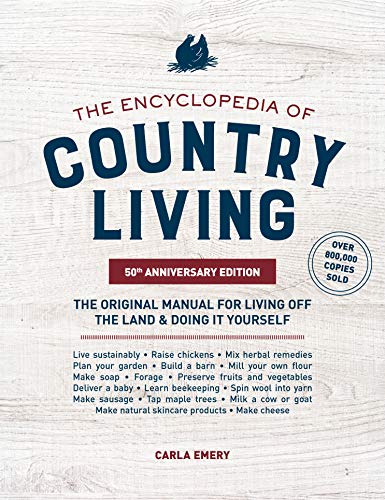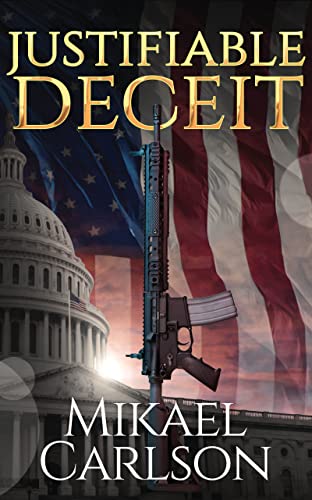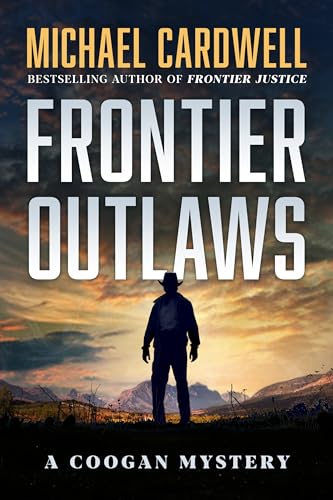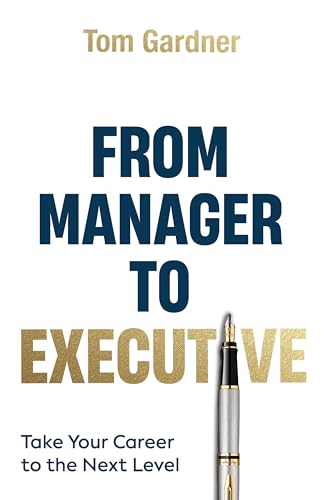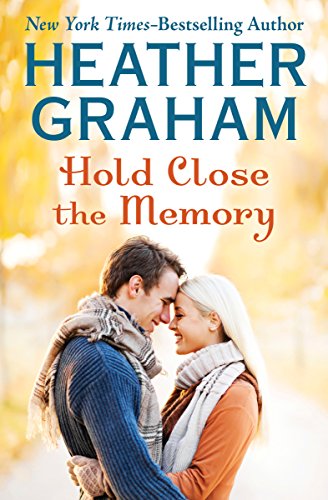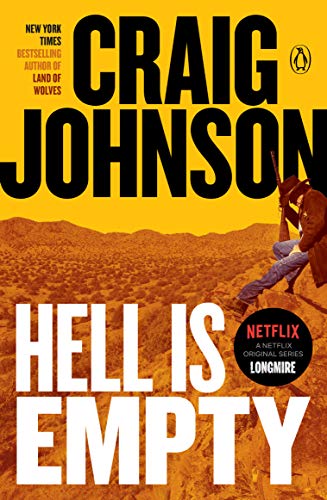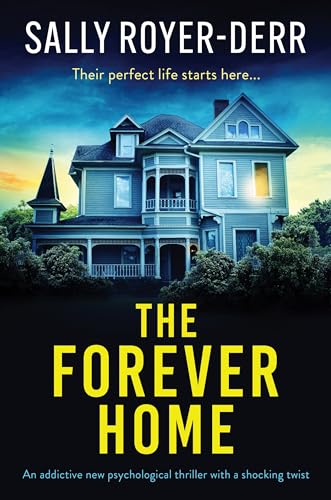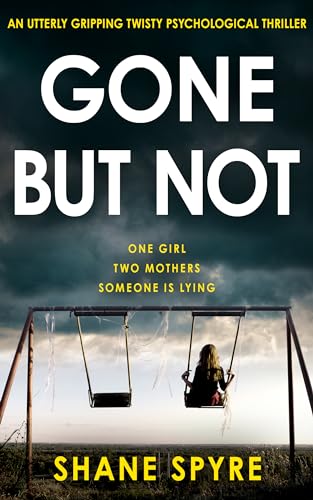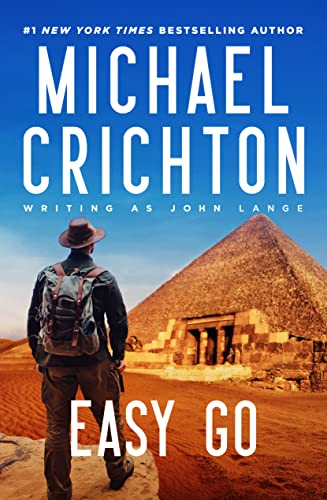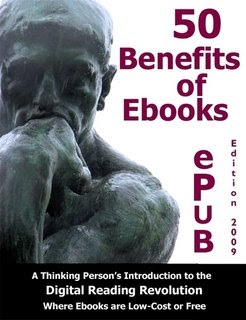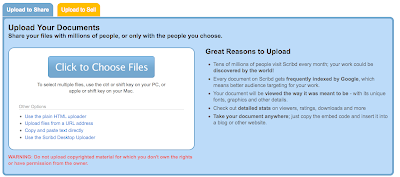 In today’s Publetariat Dispatch, Publetariat founder/Editor in Chief and indie author April L. Hamilton explains her reservations about interactive novels, such as those offered for the iPad.
In today’s Publetariat Dispatch, Publetariat founder/Editor in Chief and indie author April L. Hamilton explains her reservations about interactive novels, such as those offered for the iPad.
I love books, but I am not a particular lover of paper. For years now, most of my "reading" (where fiction is concerned, at least) has been done via audiobooks. I am also receptive to ebooks, and feel that certain books actually offer much more functionality in electronic form than in hard copy: travel guides, tech books, pretty much anything where the ability to easily jump to a specific topic of interest is desirable. With the advent of the Vook and book apps for the iPad and iPhone, I’ve looked forward to seeing what an "enhanced" novel might have to offer. The answer to that question—at the present time, at least—is disappointment.
For my first foray into the world of book apps, I decided to go with an award-winning, best-of-breed title: Dracula: The Official Stoker Family Edition, produced by Padworx Digital Media, Inc. I’d read many glowing reviews of this book app online, and since I’ve also read the book in the old-fashioned, paper-pulp format, it was an ideal candidate for comparison and evaluation.
First off, let me say the book app is beautiful to look at and the music is both lovely and entirely suitable for the subject matter. There are interactive elements on many pages. In one instance, you must move a virtual lantern around over a darkened page to read it. In another, you can bring a background illustration into better and brighter focus by touching it. In yet another, you must move a crucifix necklace about where it hangs over the page in order to see the text beneath it. Sounds cool, right? Well, these interactive features ARE cool, but they also pulled me right out of the story.
The experience of reading the book very quickly devolved into an exercise of hunting for "easter eggs", the term used for hidden bonus features in computer programs, on DVDs and Blu-Ray discs. You can’t always tell by looking at a given page of the app whether or not it contains interactive elements, so I found myself reading the text and then tapping all around on the screen to check for those elements. On the pages that don’t have them, all the tapping is for naught.
The experience ends up falling somewhere between playing a video game and reading an ebook, but it’s not a very good experience of either one. If the app were a full-fledged video game, I’d want interactivity on every page and I’d want it to be more extensive in terms of controlling my experience of the content. When I play a video game, I want my choices and actions to have consequences beyond causing formerly hidden images to display and being able to move objects around on a screen. Conversely, in an ebook, I want to feel immersed in the story world, to lose my awareness of the device on which the ebook is displayed; if you must tap or click all around on each screen to expose and enjoy the interactive elements, this is impossible.
I thought this might be a case of this specific book app not being my cup of tea, so I also decided to check out another much-lauded title, the War of the Worlds book app from Smashing Ideas, Inc. Again, as a literary classic I’d read previously, it seemed a terrific pick. And again, I was disappointed.
With the WotW app, the interactive illustrations are not as numerous as in the Dracula app, though they are just as beautiful. However, I still had to tap around on them to find the hidden goodies, which was kind of annoying and again, took me right out of the story.
I’ve pondered how this issue might be overcome, and I’m stumped. Even if some sort of indication were given as to the location of the interactive elements (as is the case for some of the Dracula app content), the moment you’re tapping the screen and thinking, "Cool!" at whatever happens, you’re no longer gripped in the terror of Castle Dracula or an alien invasion, you’re admiring the technology.
The good news is, I think the book app is still very much in its infancy and publishers and developers just don’t know quite what to do with the capabilities of the technology yet. My prediction is that where novels are concerned, the book app will find its full flower in a sort of purposeful hybrid of book and video game. And yes, the words will no longer be the stars of the show in most cases, much as it is with movies. Every year there are those few, standout examples of films that are worth seeing for the sake of the whip-smart and insightful script alone. The Social Network is an example of that type of film. But most often, moviegoers are satisfied to be thrilled by action, wowed by special effects, or cracked up by comedy.
Such entertainments are largely disposable, and while it pains me to say so, I’m afraid this may prove to be the future of literature. Every year there will be a handful of new books that are worth actually reading, simply as words on the page, and for these the experience will be one of good, old-fashioned theater of the mind. But for the rest, consumers will come to expect the play to be delivered not only pre-scripted, but with the cast, costumes, sets, stunts and special effects already in place, with the reader empowered to act as director of the entire production via its interactive elements.
But this raises another, and I think thornier issue: in the case of a completely original interactive book app (as opposed to the re-imaginings of literary classics examined here), assuming a team of people were involved in creation and production of the app, who is actually the Author? I’m not sure that title will be apt for anyone involved in such a project, since the consumer’s eventual experience of the content will not be limited to the written words, but driven just as substantially by the multimedia and interactivity of the app. I suspect it’s more likely that the person we used to think of as the author will be given a "Written By" and/or "Story By" name check in the credits of the app.
If I’m right about that, it’s a double-edged sword. On the one hand, there should be more and better opportunities for writers to see their works produced and brought to an audience; maybe aspiring authors should start querying book app companies like Smashing Ideas and Padworx right alongside agents and publishers. But on the other hand, those writers won’t get quite the same level of recognition and prestige as in the past. Is this a good thing, or a bad thing? As of yet, I’m uncertain.
This is a reprint from April L. Hamilton‘s Indie Author Blog.

